Hey, thanks for stopping by to my Weekly Bite page ?
This is officially the first post in this series so let me explain the reason behind it first.
Recently I was told by one of my friends that my blog doesn’t showcase my personality enough so I’ve decided to fix it a bit. I have been told that I have so much to say about everything that it would be great if this would also emanate from my blog. So here I am ?
My main aim is still to supply you with all the useful (in my opinion) info, guides and healthy recipes but as you know I also like to share my stories too. And it’s true, on a daily basis, I have a lot to say – about everything. So I thought this way I can share those thoughts with you and maybe even we can start a bit of a conversation?
I wouldn’t want to bore you too much so this will be just a short weekly post mentioning anything interesting that either happened to me, to those around me, the world in general or (buckle up here) to my brain.
So last week I had a very interesting conversation about the ego. Actually the conversation turned into a bit of a constructive argument. The problem was that I and my friend looked at ego and its importance from two different perspective and level of understanding – hence we could not agree. So I decided to do a little bit of research.
Ever wondered what is the story behind Ego? What Does ego actually do to us? Is it useful or is it a burden? So, it all depends on which definition of an ego you decide to follow.

Word “ego” is the Latin word for “I.” Literally translated, ego means “I.” And this is where the trouble starts. What is ‘I’. What does it define and who or what created this definition? Genes? Childhood conditioning? Culture? Friends and family? Maybe our traumas and insecurities? Is this who we really are?
So if we look at it this way – this is all perceived, created, touchable. This construction of us is perceived by the mind. But we are more than just a mind. Actually we are not the mind at all. Our mind gathers out believes, understanding of the world and abilities and creates the ‘ego’. But what if we were born in a different time, country or circumstances. Would our ego be the same? Probably not. Does it mean that ego is not out true self? Should it be defined?
Everything that was once created can be destroyed or changed. So how ego is really defining our true self? I personally see it as some kind of defence mechanism. Something that has been created throughout the circumstances to help us deal with the world, emotions and events.
So there are two schools here – Western and Eastern.
In Western culture, the ego can be seen as being healthy or unhealthy (and unhealthy ego could be inflated or deflated). Freud, the founder of modern psychoanalysis, thought of the ego as a form to negotiate between human impulse and social standards, the voice inside that tries to mediate between impulse and shame. The mechanism connecting the ‘Id’ (basic animalistic being) and ‘superego’ (internalised moral standards and ideals that we acquire from our parents and society). Confused yet?

In simple words – a part of us is a simple, animistic being following basic human urges. Another part wants to reach out to become a higher self – one that would like to makes the most correct decisions. Ego connects them and creates a one being – ‘I’. A curious sense of self-perception that is exclusive to humans.
In this meaning, the ego would be something close to tangible. Something that can be adjusted. A perfectly balanced hence healthy ego would make us in touch without basic needs but at the same time self-conscious and highly moral.
The deflated ego will make us feel less worthy and often in contrast we can act up as we are trying to prove to the world otherwise, often creating some aggressive and arrogant behaviours. Other times deflated ego can cause anxiety or a sense of worthlessness.
So, if you look at it from a Western psychology point of view ego is a form of self-consciousness and can only be beneficial to acknowledge it and perfect it.
I am however more inclined to the Eastern, Buddhism school of ego. Buddha said that the ego is an ‘illusion of separate self’. And this is very interesting. Most of us do feel we are ‘separate’, different that others – have a unique personality and purpose. Buddha said that this is an illusion. But this is where I had it wrong. Yes, I admit. I believed its best to work on ‘freeing’ myself from my ego, from this illusion.
On the true spiritual path, however, one has to understand and accept his ego first. And then develop it – and here those two schools – western and Eastern – meet.
Buddha said that pursuit of happiness is the path we should all head towards. But this happiness must come from inside, not the external needs and accomplishments. It can be accomplished by achieving a mental state where you can detach from all the needs and wants of life. By clearing our minds of negative, unwholesome thoughts. Once that is achieved, one perfects a wholesome, tranquil state of mind through the practice of positive thinking.
This is where understanding and developing ego will help. When healthy ego creates happiness within, naturally this will emanate into the world that surrounds you. And then, Buddhists say, letting go of ego will naturally happen. When your happiness becomes selfless.
This is the ultimate goal – but the path is beautiful in itself. And can be started by looking into your ego – trying to find out if the concept of ‘self’ is not standing on your way to happiness.
When on the base structure your ego is healthy you feel are neither better nor worse than others. In my understanding, this is the best place to be. True freedom. From expectations, race to greatness, disappointment and sadness.
Expectations are the source of all unhappiness.

It doesn’t mean you give up and stop evolving but the evolvement is towards inside. Rather than outside. In true inner freedom lies happiness. Contentment. Work on being a kinder and better person – for the sake of a better world not so others admire you more. Work on your knowledge, education, hobbies – so you discover parts of yourself you didn’t know existed. Wanting to be respected hardly ever brings true respect. True respect comes from being true to yourself.
Conclusion:
The heated conversation with my friend started when I said that my aim is to get rid of my ego and he said that ego is needed and require to be worked on. We exchanged opinions as well as sources of our information. I was adamant I was right and after thorough research, I actually found a middle ground.
We need ego, it guides us through this life, navigates around the world. And whether we had control of it or nor – It created who we are at this point.
However – we can’t just let it run us like wind and it’s crucial we try to notice whether the ego we behold is serving us or not. Whether it is leading us to freedom. If not, that its worth look into our reactions and feelings and see whether the ego manages us or we manage the ego. Whether it stays or goes (depending on your culture and philosophical views) this process should be making us better. Kinder, more selfless and more in touch with our true self and the world. Oh and most importantly – happy ?


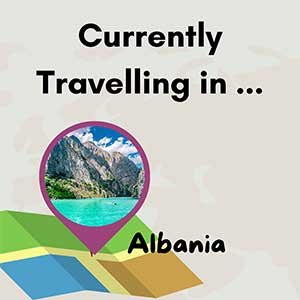

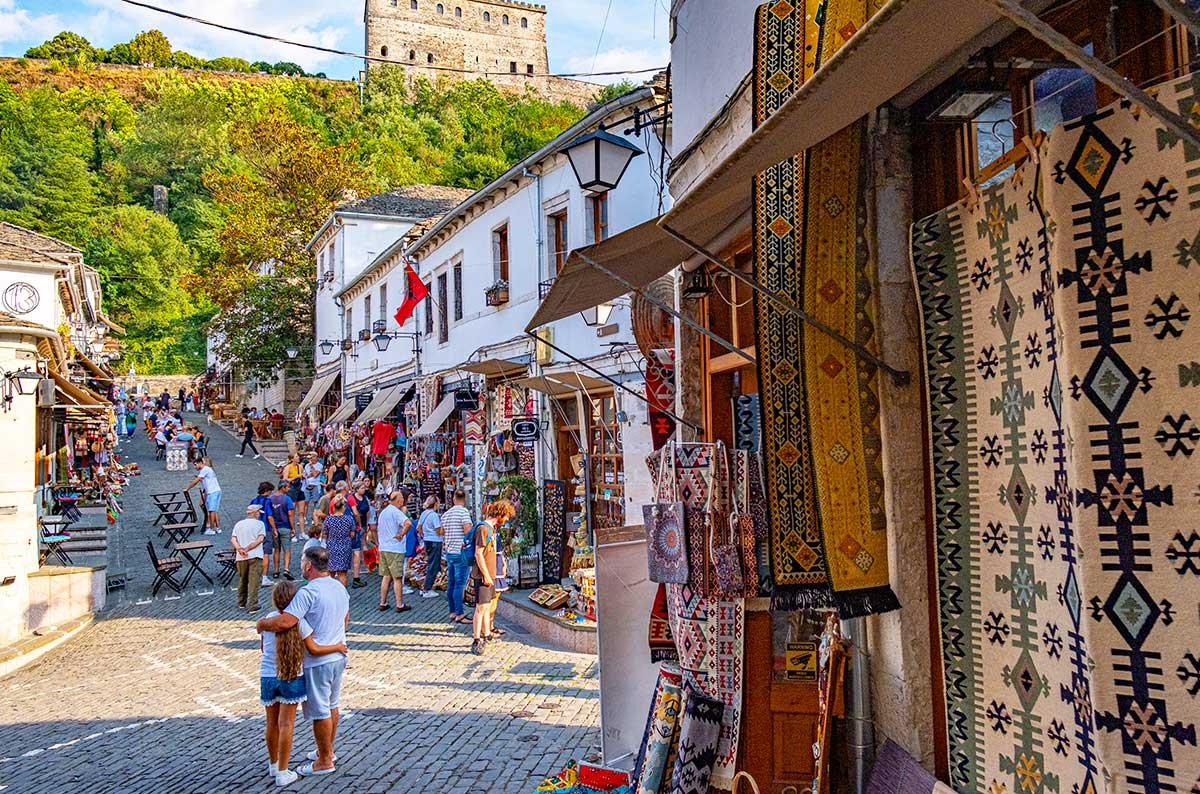
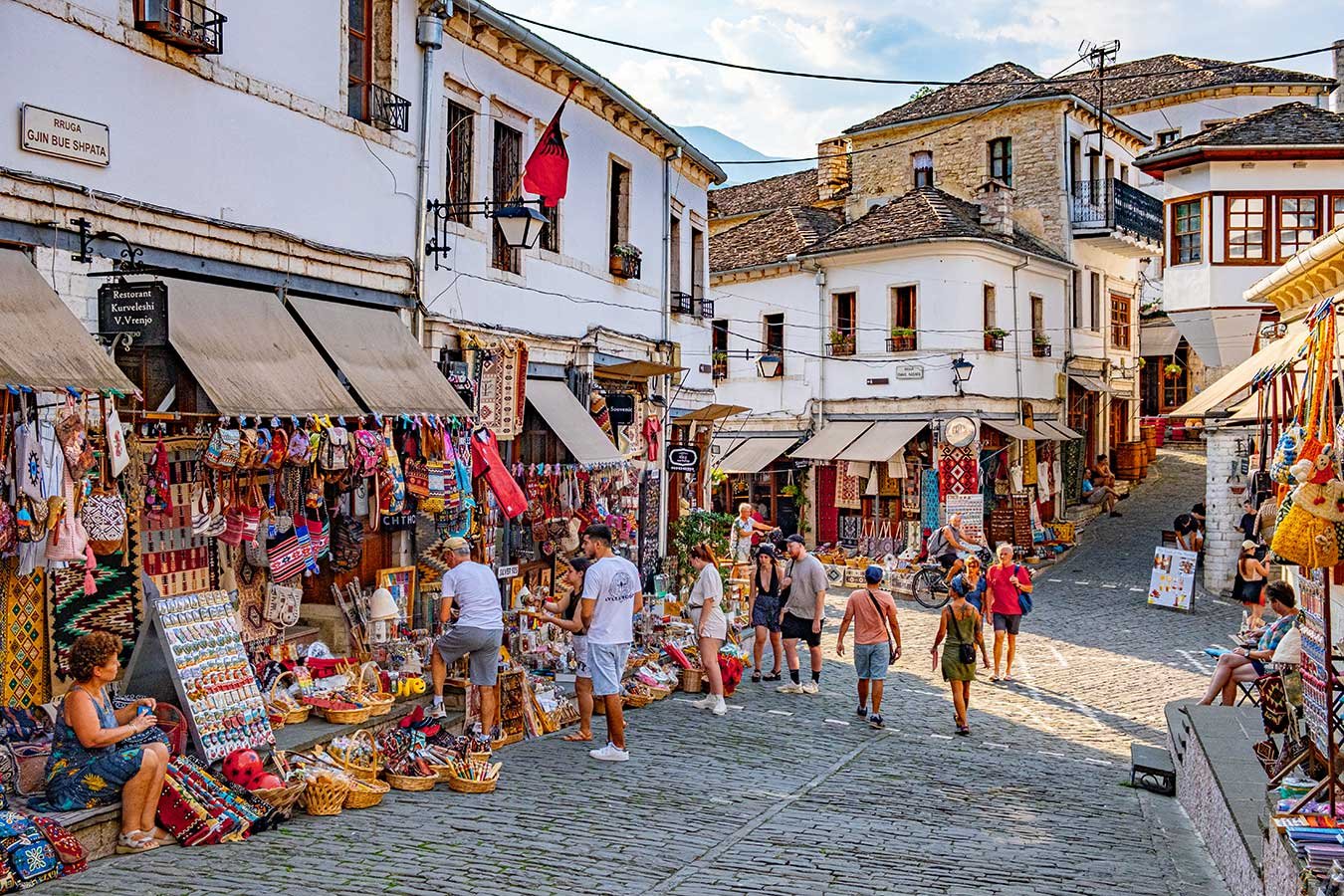

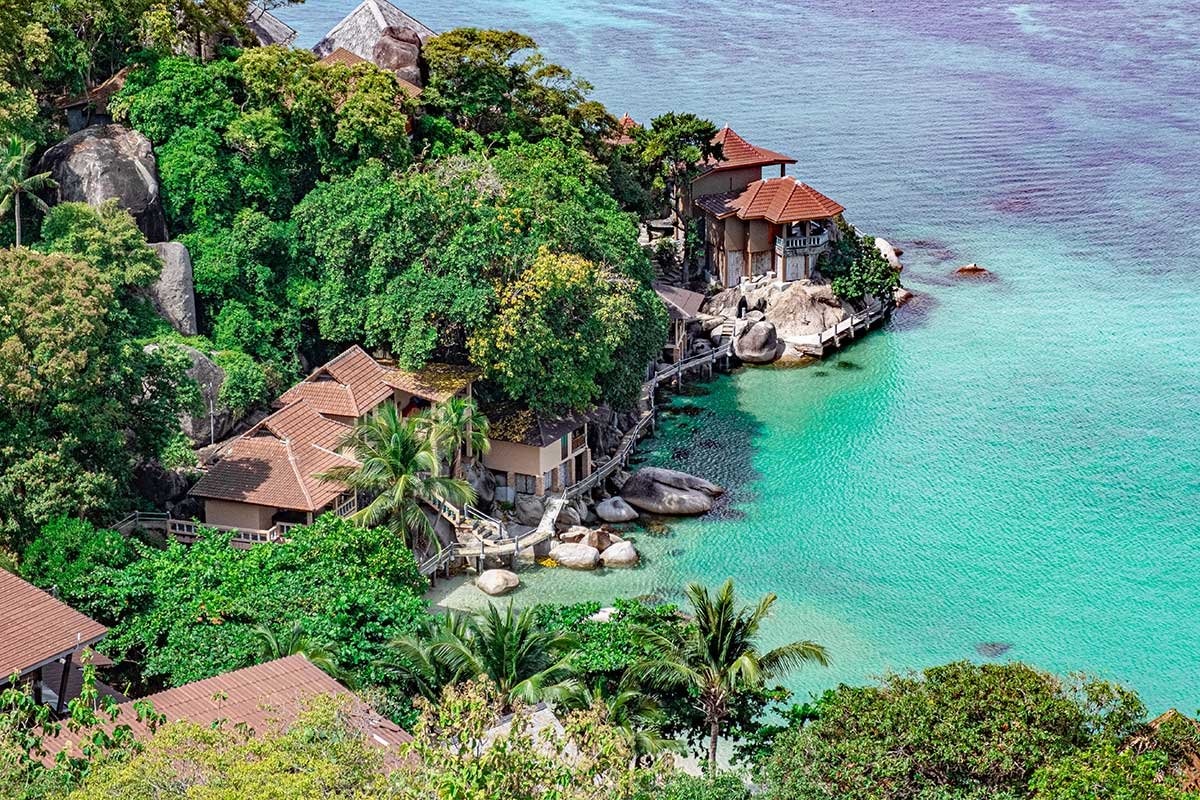
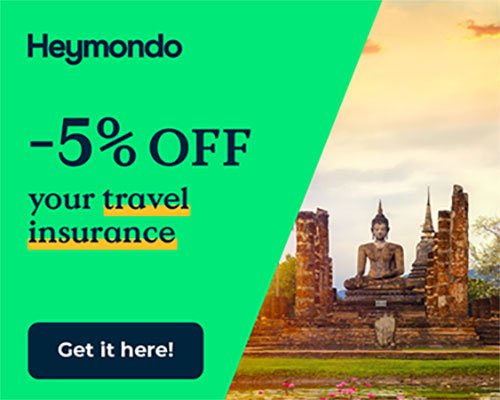
3 thoughts on “What’s the story behind Ego”
I would be interested in knowing how other cultures deal with this. Eastern/Western have a self element that is prominent; That said Eastern way less. What about native american, Inuit, Yupit who are/were very close to nature; is ego as important to them?
There’s an old native American story of the fight of two wolves. A wise grandfather sits beside his young grandson, overlooking a verdant valley below them.
“There is a fight going on inside,” said the elder, “it’s a fight between two wolves. The one wolf represents anger, envy, sorrow, greed, self-pity, regret, arrogance, guilt, resentment, and superiority. The other wolf represents love, peace, humility, generosity, truth, compassion, faith, kindness and empathy. This fight is going on inside of everyone.”
The grandson thought about it for a moment and then asked his grandfather, “Which wolf will win?”
The grandfather responded, “The one you feed.”
I found this really interesting article https://brewminate.com/evolution-of-the-ego/
I completely connect with this idea. It says:
Long ago we mostly developed our individual consciousness via the collective consciousness of the tribe. The tribe determined one’s place, identity and belonging in most cases. In many pre-modern cultures, there was no concept of an individual self, separate from the tribe, and in some of the indigenous languages, the word ‘I’ did not even exist. Our identity formed at the group level as an interdependent network of relationships that included the natural world as family. Our sense of belonging and purpose was thus deeply embedded within this collective context, from where our sense of self-emerged as an integral part of Nature’s living systems and the larger Universe.
Aboriginal Elder, Uncle Bob Randall, expresses this beautifully. He describes the tribal consciousness of Nature as family and ‘ours-ness’ as compared to modern civilisation’s conceptions of ownership, separation, compartmentalisation and ‘mine-ness.’
The land grows all of us up, it really does. The land owns us, it’s the ancient one, not us. We’re the children who come and go, take what we need for a short time and then pass to our children…The oursness stretches from horizon to horizon, the clouds are the ceiling at daytime and the stars at night. To that size of “you” and what you’re responsible for, to shrink down to this little box, of my house, my car…It’s so small in comparison to what’s ours. And you’re part of that oursness, and you feel that, feel that so well. You feel good when you’re in that space. Feel like you’re living with family. When you include everything that’s alive in that space, then you grow up knowing, believing and accepting that these are all your family. You can never feel alone in that situation. ~ Bob Randall